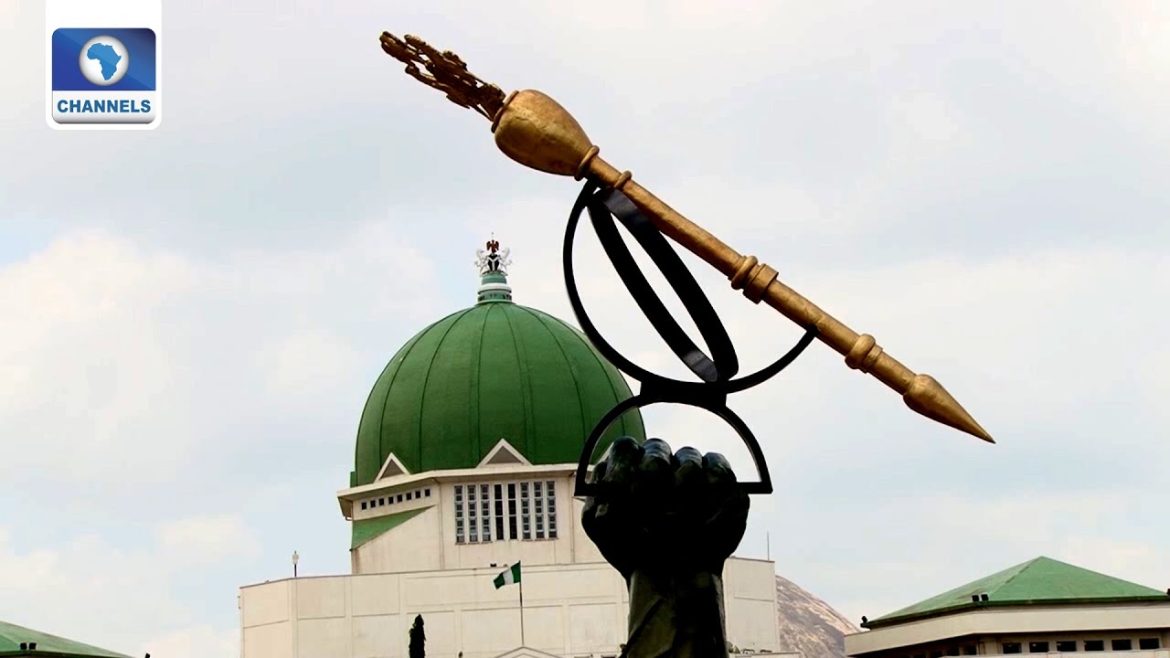463
By Lizzy Chirkpi
A bill currently before Nigeria’s National Assembly, aimed at increasing women’s representation in elective positions through reserved legislative seats, has continued to spark debate about the true path to gender equity and democratic integrity.
While seemingly progressive, legal experts and advocates are raising concerns that the “Reserved Seats for Women Bill” risks undermining the very principles it seeks to uphold.
It’s worth noting that this bill was first introduced during the 9th National Assembly but failed to go the whole distance after lawmakers overwhelmingly voted against it. Now reintroduced, it faces both renewed support and intensified scrutiny.
The demand for gender parity in Nigeria is both urgent and essential.
Speaking with Pointblankblanknews.com, Public Affairs Analyst, Isah Ahuraka, said decades of systemic bias and entrenched barriers have excluded Nigerian women from leadership.
“Redressing this imbalance is long overdue; however, good intentions must be matched with sound judgment,” he said.
He argued that the bill’s intent is reserving a number of state and federal legislative seats exclusively for women which some see as a quick fix. However, this approach, he warned, risks institutionalizing gender as a political gatekeeper rather than dismantling exclusionary structures.
A key concern revolves around the legitimacy and fairness of such a system.
“The creation of a two-tier legislative structure, where some lawmakers are elected through broad contest and others by legal entitlement, could undermine women’s credibility in a nation where public trust in democratic institutions is already fragile,” Ahuraka noted.
“Women should be seen as equal political actors, chosen for their competence, leadership, and vision not as placeholders fulfilling a quota.”
Ahuraka also argued that the bill fails to address the root causes of women’s exclusion from Nigerian politics.
“Obstacles such as the high cost of running for office, party gatekeeping, the risk of violence, and cultural opposition are systemic. Reserved seats for women may provide a quicker route, but the game’s rules remain unchanged,” he stated.
He suggested that the bill could inadvertently strengthen existing power structures by sidestepping structural reform.
“Women need an equal system that encourages and safeguards their full participation not special status,” he asserted.
Another significant risk, he highlighted, is the potential for elite capture in Nigeria’s patronage-heavy political climate.
“Reserved seats could become tools for consolidating political power, filled not by new leaders but by relatives and loyalists wives, daughters, and protégés of entrenched political figures,” he warned.
“This could transform a well-intentioned reform into another mechanism of political control, advancing the interests of the powerful rather than amplifying new voices.”
He further argued that “Equity should never be a zero-sum game. True reform should expand opportunities for all rather than privileging one group at another’s expense.”
Framing gender equity as a competition between men and women, he argued, misses the point entirely. The ultimate aim should be a society where everyone—regardless of gender can lead, contribute, and thrive on equal terms.
“Instead of legislative shortcuts, the focus should be on systemic reforms that open political pathways for all,” he recommended.
He however suggested initiatives that can address these gaps and reform the system.
“Campaign finance reform to reduce the cost barriers of running for office. Enforcing open primaries and internal party democracy.
“Creating leadership and mentoring pathways for women, especially at the local level and establishing legal and institutional safeguards to guarantee women’s safety, equity, and support in public life,” is the way to go.
These, he said, are realistic steps that can lead to inclusive, sustainable progress rather than idealistic quick fixes.
“While the Reserved Seats for Women Bill aims to correct an injustice, the cautionary message is clear. We must be careful not to replace one form of exclusion with another. Equity rooted in fairness not favoritism is the only way to build trust, legitimacy, and enduring progress,” Ahuraka stated.
He also emphasised, “the aspiration for Nigeria should be a nation where gender no longer determines who gets to lead or who must wait their turn where men and women alike rise based on their ideas, their service, and their strength of character.”



